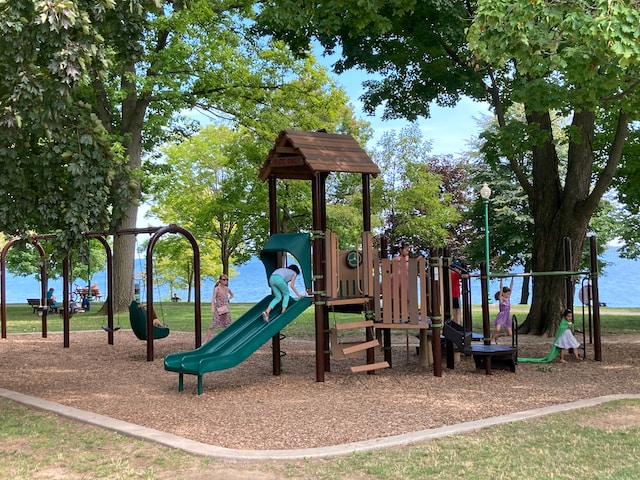Children are encouraged to express themselves at summer camp in a safe and supportive environment. They can learn new skills and overcome challenges that may seem intimidating at home.
Kids can also look up to their group leaders, often younger and energetic adults. They can emulate these role models and develop a positive attitude towards themselves.
Independence
The independence that kids gain from attending summer camp West Chester PA is crucial for a happy and well-adjusted childhood. When kids are away from home and surrounded by a caring and supportive staff, they’re more willing to step outside their comfort zone, try new things, and build confidence with each achievement. Whether hitting the target at the archery range, conquering their fear of heights on the challenge ropes course, or forming a close friendship with someone from a different country, each new success will boost kids’ self-esteem and give them the confidence they need to grow into independent adults.
In addition, children who attend camp learn how to work with others. They’ll form healthy relationships with peers and adult leaders who can provide guidance, support, and leadership in a safe environment. This will prepare them to build a lifelong support network in their communities and beyond. This is a crucial part of being an emotionally intelligent adult.
Communication Skills
At camp, kids are often encouraged to step outside of their comfort zone. This can boost their confidence, as they can prove that they can do what they thought was impossible. For example, hitting a target on the archery range or paddling across a lake for the first time could give them a fantastic feeling of achievement.
Camps also teach children how to work together. This is a vital life skill, mainly as many schools increasingly rely on teamwork for projects and activities. In addition, camps are often screen-free, so children will learn how to communicate effectively without using technology.
Furthermore, summer camp counselors are role models kids admire and admire. This means that children struggling with homesickness or anxiety will have someone to turn to for help and support. They can also get a sense of community by interacting with other kids, helping them to overcome their fears and become more confident.
Unstructured Play
Unlike the overscheduled lives kids lead these days with day camp, swim lessons, sports activities, and summer school, summer camps provide children with plenty of time for unstructured play. This is critical for cognitive development. Kids who engage in unstructured free play improve their executive functions or the skills that control and manage cognitive processes, such as working memory and impulse control.
This type of unstructured play allows children to explore their imaginations and develop problem-solving abilities as they navigate social interactions in a group setting. It also allows them to work together more collaboratively, which can be beneficial when working on projects at school or as part of a sports team.
In addition, if they go to a camp that provides additional opportunities for children to participate in various tasks, such as distributing mail or helping activity specialists set up an activity, they’re further building their sense of independence and self-reliance. These skills will help them succeed in the classroom and throughout their lives.
Teamwork
In a world where children spend more than seven and a half hours a day in front of the media, kids need to learn how to work with others. Teamwork is a critical component of life, and summer camp offers many opportunities for kids to practice working together.
In addition to group activities, many camps include field trips that require teamwork. These experiences allow kids to see that their actions impact the lives of those around them. They can return these lessons to school and use them in their peer relationships.
Kids also learn to appreciate diversity at summer camp. Their interaction with a variety of children from different backgrounds allows them to build friendships that can last a lifetime. This can help reduce feelings of isolation during the quieter months at home. In turn, this can help boost kids’ self-esteem. Kids who were once afraid of trying out for a sports team at school now have the confidence to do so.




